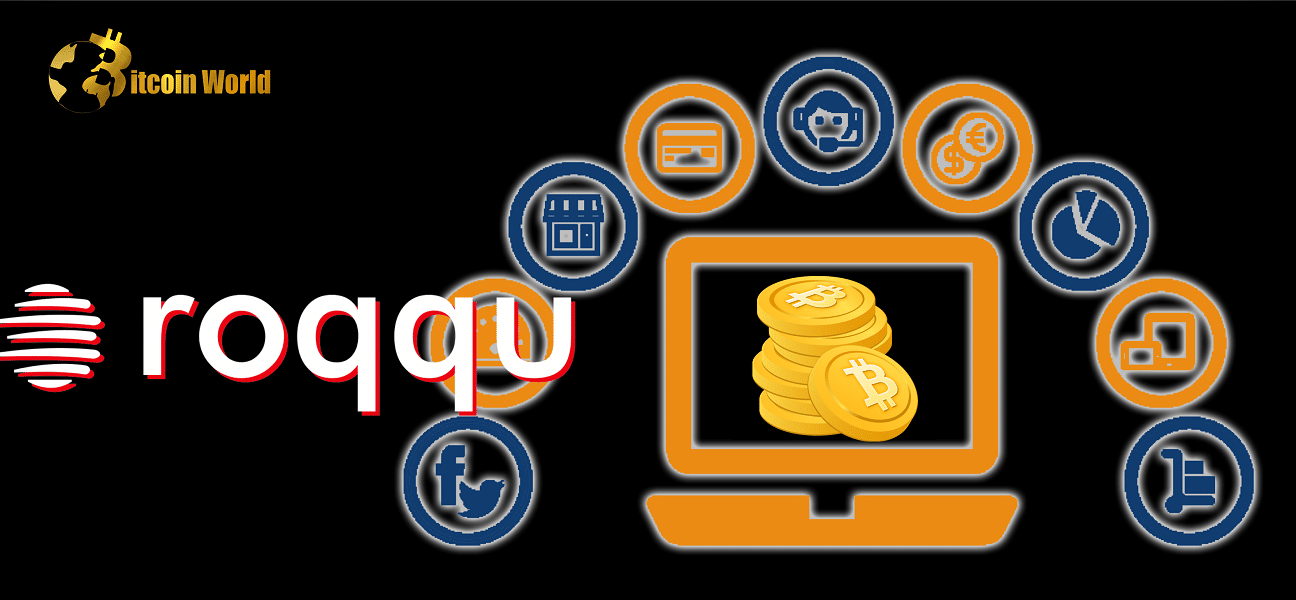In a fascinating twist of financial fate, Nigeria, a nation of over 200 million people, stands as a compelling case study in the world of digital currencies. Despite a stringent ban imposed by the Central Bank of Nigeria (CBN) on cryptocurrency transactions within the banking system back in February 2021, the appetite for cryptocurrencies like Bitcoin and Ethereum hasn’t just waned – it has surged. This resilience is even more striking when juxtaposed with the lukewarm reception of the CBN’s own digital currency, the eNaira.
The Crypto Ban That Backfired?
The CBN’s directive on February 5, 2021, was clear: banks were to cut ties with crypto entities. The intention was seemingly to curb the burgeoning crypto market, perhaps due to concerns over illicit activities, volatility, or simply to maintain control over the financial system. Follow-up crackdowns on crypto platforms accused of non-compliance further underscored the CBN’s firm stance. Yet, these measures appear to have had the opposite effect on the ground. Nigerians haven’t abandoned crypto; instead, they’ve seemingly doubled down.
Why this defiance? Several factors are at play, painting a complex picture of Nigeria’s unique relationship with digital currencies.
eNaira vs. Crypto: A Tale of Two Digital Currencies
The CBN introduced the eNaira as its answer to the digital currency wave, positioning it as a secure, efficient alternative to cryptocurrencies. However, the eNaira has struggled to gain traction among Nigerians. Benjamin Eseoghene, CEO of Roqqu.com, a Nigerian crypto exchange recently authorized to operate in Europe, points to a critical factor: public awareness and education.
According to Eseoghene, in a recent interview, “The CBN’s failure to adequately educate the public about the e-naira may be the cause of locals’ resistance to using it.” This lack of public understanding could stem from various issues:
- Limited Marketing and User Education: Compared to the organic, often grassroots adoption of cryptocurrencies, the eNaira’s rollout may have lacked a compelling narrative and sufficient user-friendly educational campaigns.
- Trust and Decentralization: Cryptocurrencies, particularly Bitcoin, are often embraced for their decentralized nature, offering a sense of autonomy and being outside of traditional banking controls. The eNaira, as a central bank digital currency (CBDC), is inherently centralized, which might not resonate with users seeking alternatives to the conventional financial system.
- Perceived Benefits: While the eNaira aims for efficiency and security, the immediate, tangible benefits for the average Nigerian might not be as apparent as those offered by cryptocurrencies, especially in the context of Nigeria’s economic realities.
Why Nigerians are Leaning into Crypto
Eseoghene highlights key reasons why cryptocurrencies continue to appeal to Nigerians, even in the face of regulatory hurdles:
- Borderless Transactions: “Nigerians favor cryptocurrencies because they are borderless,” Eseoghene states. This is a significant advantage in a globalized world, facilitating international transactions, remittances, and commerce with greater ease and potentially lower fees compared to traditional banking channels.
- Foreign Currency Scarcity: Nigeria has faced persistent challenges with foreign currency availability. Cryptocurrencies offer an alternative avenue to access and transact in foreign currencies, bypassing the limitations of the local foreign exchange market.
- Local Currency Depreciation: The Nigerian Naira has experienced significant depreciation over time. In such an environment, some Nigerians view cryptocurrencies as a store of value, a hedge against inflation, and a way to preserve their wealth in a more stable or appreciating asset class.
To further illustrate, consider this table summarizing the contrasting factors driving adoption of cryptocurrencies versus the eNaira in Nigeria:
| Feature | Cryptocurrencies (e.g., Bitcoin) | eNaira (CBDC) |
|---|---|---|
| Decentralization | Decentralized, independent of central authorities | Centralized, controlled by the CBN |
| Borderless Nature | Globally accessible, facilitates international transactions | Primarily domestic, international use cases still developing |
| Perceived Value Proposition | Store of value, hedge against inflation, alternative financial system | Focus on efficiency, security, integration with existing banking |
| Public Awareness & Education | Largely organic adoption, community-driven education | CBN-led education, potential gaps in public understanding |
| Regulatory Status | Officially banned from banking system, but user adoption high | Legal tender, government-backed, but adoption lagging |
Nigeria: A Crypto Hotspot Attracting Global Players
Nigeria’s large, youthful, and tech-savvy population, combined with the economic factors mentioned, has cemented its position as one of the world’s largest cryptocurrency markets. This naturally attracts major international crypto companies seeking to tap into this vibrant market. Despite the presence of these global giants, local entrepreneurs like Benjamin Eseoghene and Roqqu.com are not deterred. They see immense potential within Nigeria and are building businesses to cater to the specific needs of the Nigerian crypto community.
Eseoghene’s Roqqu.com securing authorization to operate in Europe is a testament to the Nigerian crypto talent pool and their ambition to expand beyond local borders, even amidst regulatory complexities at home. This highlights the dynamism and resilience of the Nigerian crypto ecosystem.
Looking Ahead: Navigating the Nigerian Crypto Landscape
Nigeria’s crypto story is far from over. The CBN faces a continuing challenge: how to regulate and potentially harness the benefits of digital currencies while mitigating perceived risks. For Nigerians, cryptocurrencies represent more than just digital assets; they embody financial resilience, a means to navigate economic uncertainties, and a gateway to the global digital economy.
As the world continues to grapple with the evolving landscape of digital finance, Nigeria’s experience offers valuable lessons. It underscores the importance of understanding user needs, effective public education, and perhaps, finding a balance between regulation and innovation to truly unlock the potential of digital currencies – be it CBDCs or decentralized cryptocurrencies – in serving the needs of the population.
Read the full interview with Benjamin Eseoghene here…
Disclaimer: The information provided is not trading advice, Bitcoinworld.co.in holds no liability for any investments made based on the information provided on this page. We strongly recommend independent research and/or consultation with a qualified professional before making any investment decisions.




